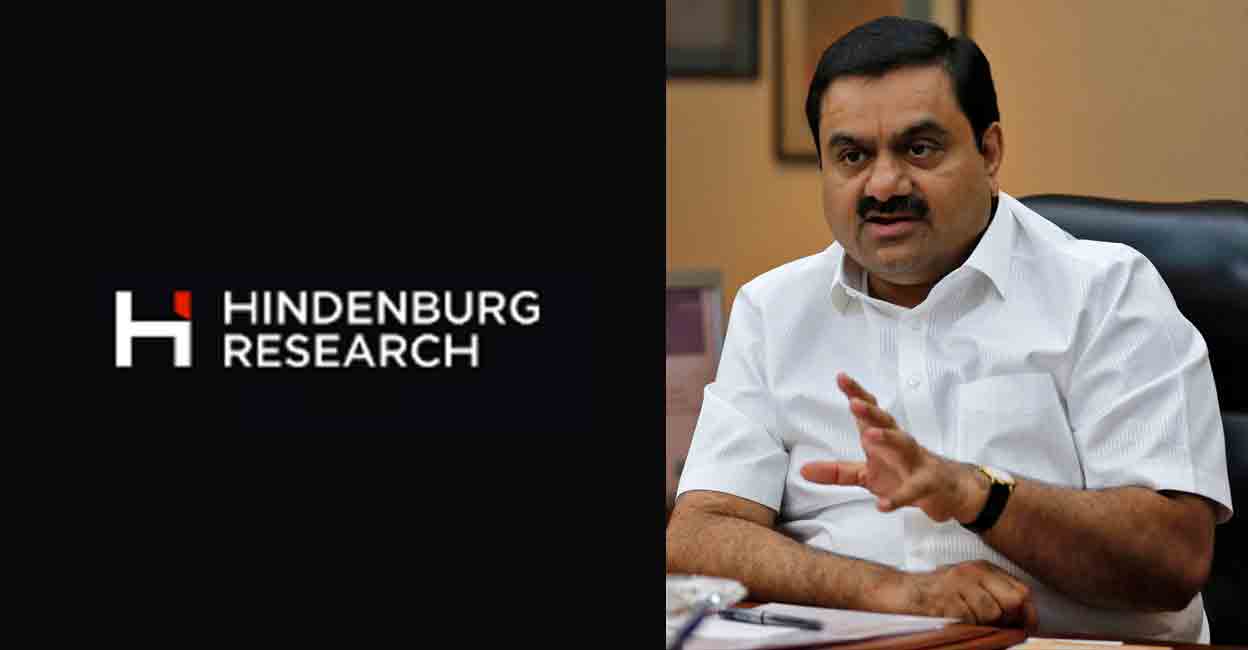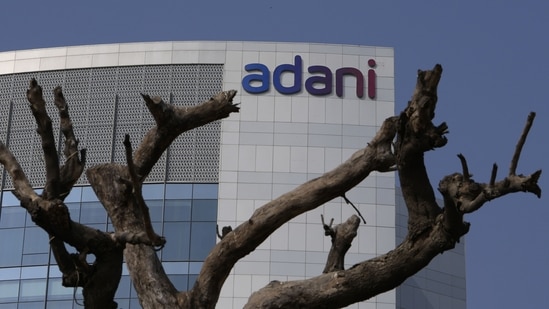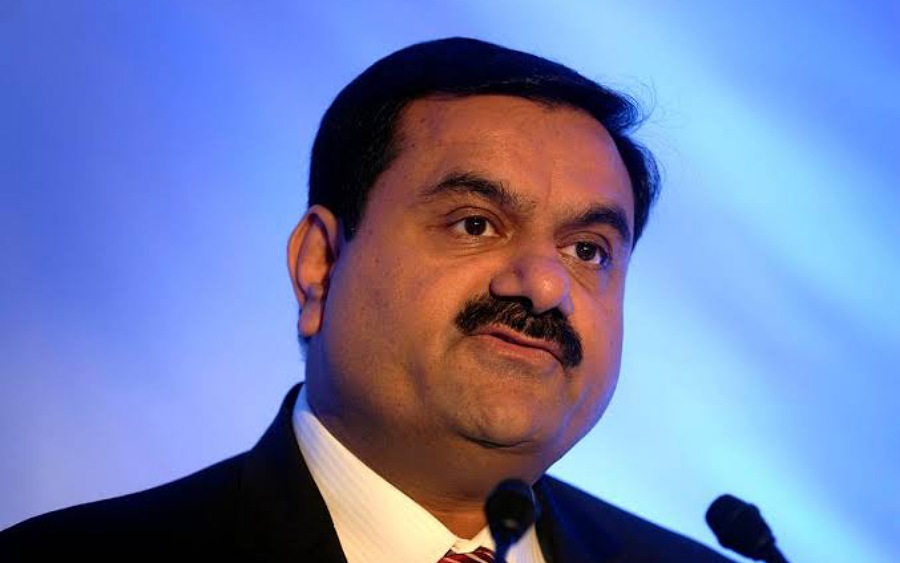Adani loses the tag of Asia’s richest man after the biggest company stock rout deepens to $84 billion

Adani loses the tag of Asia’s richest man after the biggest company stock rout deepens to $84 billion.
Indian businessman Gautam Adani no longer holds the title of Asia’s richest man. He was not only the richest person in Asia at the beginning of January but the third richest person on earth, just a few billion dollars behind Elon Musk.
In response to a US short-seller report, shares of Indian tycoon Gautam Adani’s conglomerate fell once further, and the billionaire lost his position as Asia’s richest person. The decline in his company’s stock value reached $84 billion.
Adani has dropped a few spots on the list of the world’s wealthiest people. In less than 10 days, his wealth has dropped by around $50 billion, while the market value of his enterprises has dropped by about $100 billion.

A report claims that Hindenburg Research accused Adani’s ports-to-power company of engaging in “a brazen stock manipulation and accounting fraud scheme over decades.”
The article was criticized by Adani Group as “baseless” and “malicious,” and the company stated it was exploring legal action. Despite this, the market’s response was harsh and unrelenting.
The company’s market value has decreased by more than $90 billion from the week since Hindenburg published its analysis. The group includes seven publicly traded companies.
Concerns about the amount of debt held by the group’s companies have been raised, and it is alleged that the conglomerate unlawfully channeled funds through front companies in tax havens like Mauritius. According to the research, a number of the group’s top executives are related to the Adani family, which fosters a climate that is favorable for murky funding choices.

According to the research released by Hindenburg Research, the Adani Group engaged in stock manipulation and inappropriate exploitation of offshore tax havens. Concerns were expressed regarding the valuations of seven Adani-listed firms and the high level of debt.
The group has refuted the accusations, claiming that the short-claim seller that stock manipulation took place has “no validity” and results from a lack of understanding of Indian law. It said that it has always disclosed information as required by regulations.
Shares of Adani Enterprises frequently referred to as the incubator of Adani firms, fell 30%. Adani Power dropped by 5% and Adani Total Gas dropped by 10%, both below their daily price cap.
Adani Transmission fell 6%, while Adani Ports and the Special Economic Zone saw a 20% decline.
The joint venture between India’s Adani group and France’s Total, called Adani Total Gas, lost nearly $27 billion as a result of the short seller report.
The founder of the Indian investment advisory firm Wright Research, Sonam Srivastava, was unsurprised by the claim that Adani stock was overvalued. On the other hand, she claims that “the particular allegations of fraud and market manipulation are horrific.”

The losses mark a large blow for Adani, the millionaire school dropout with stakes in mining, cement, ports, and other industries. The corporate tycoon is battling to protect his name and stabilize his companies.
Despite a temporary respite for Adani when his flagship company, Adani Enterprises, was able to issue new shares worth $2.5 billion, the unrest continues. The capital-raising initiative was hailed as the largest-ever Initial Public Offering (IPO) by a listed firm in India. After a sluggish start, the offer was completely subscribed to just before the Mumbai trade ended.
Retail investors’ interest was zero and the market crashed again. Meanwhile, Adani enterprise shares closed at 30% and Adani ports saw around a 20% decline.
The withdrawal of Credit Suisse’s acceptance of bonds issued by Adani Group entities as collateral for margin loans to its private banking clients highlights the discomfort in several industries.
According to Deven Choksey, managing director of KRChoksey Shares & Securities, this was a main factor in the share falls on Wednesday.
Credit Suisse did not respond immediately.
The inquiry into the business is getting more serious when an Australian regulator said that it will look into the allegations made by Hindenburg to see if other inquiries were required.
Data also revealed that after the release of the Hindenburg report, foreign investors sold Indian equities worth a net $1.5 billion, the largest four-day outflow since September 30.
The Adani Group is expected to experience difficulties for some time.
The markets regulator for India has indicated it will incorporate Hindenburg’s assessment into its preliminary examination of deals by the group.
It was announced by the government-run Life Insurance Corporation (LIC) that it would ask Adani’s management for clarifications about the short seller report. An important investor in the sale of Adani Enterprises shares was the world’s largest insurer.
In its report, Hindenburg stated to have shorted Adani Group derivatives trading outside of India and US bonds.
The market watchdog SEBI is looking into the most recent decline in the price of Adani Group’s stock and any potential irregularities in a share sale by its flagship company, according to Reuters, which cited sources.
Seven publicly traded businesses suffered losses on the day the Securities and Exchange Board of India (SEBI) investigation was begun due to the US short-seller report.
Requests for a response from the Adani Group and SEBI representatives were not immediately answered.
Adani Enterprises eventually canceled its Rs 200,000 crore follow-on public offer (FPO) claiming that it would not be “morally correct” given the state of the market. Even though Adani Enterprises’ FPO was a success, the company’s stock fell 26.70% on the NSE.
Edited by Prakriti Arora




